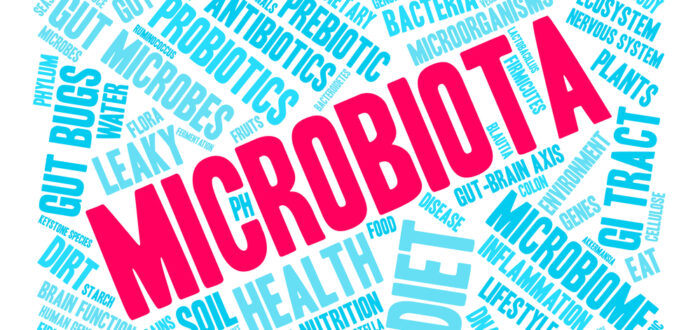The human body is home to trillions of microorganisms, collectively known as the microbiota, which play a crucial role in maintaining health and well-being. While much attention has been given to the gut microbiome, emerging research suggests that the microbiota also influence ear health and balance. In this blog post, we’ll delve into the fascinating connection between microbiota and the ears, exploring their impact on overall health and potential implications for hearing and balance disorders.
Understanding the Microbiota
The microbiota refers to the diverse community of bacteria, fungi, viruses, and other microorganisms that inhabit various parts of the body, including the skin, mouth, gut, and ears. These microorganisms form complex ecosystems that interact with the body’s immune system and influence various physiological processes.
The Ear Microbiota
Recent studies have revealed the presence of a unique microbiota in the ears, including the external auditory canal and the middle ear. While the composition of the ear microbiota is still being studied, researchers have identified common bacterial species, such as Staphylococcus, Streptococcus, and Corynebacterium. These microorganisms play a role in maintaining the health of the ear canal and preventing infections.
The Role in Ear Health
The microbiota in the ears help maintain a balanced environment by competing with harmful pathogens for resources and space. They produce antimicrobial compounds and modulate the immune response, thereby protecting against infections such as otitis externa (swimmer’s ear) and otitis media (middle ear infection). Imbalances in the ear microbiota, known as dysbiosis, have been associated with various ear disorders and may contribute to chronic inflammation and infection.
The Implications for Balance
In addition to their role in ear health, emerging evidence suggests that the microbiota may influence balance and vestibular function. The vestibular system, located in the inner ear, is responsible for detecting motion and spatial orientation. Disruptions in the microbiota-gut-brain axis, which connects the gut microbiota with the central nervous system, have been linked to vestibular disorders such as vertigo and dizziness.
Promoting Ear Microbiota Health
Maintaining a healthy ear microbiota is essential for preserving ear health and balance. Here are some tips for promoting a balanced ear microbiota:
- Practice good hygiene: Keep the ears clean and dry to prevent the buildup of excess moisture and debris.
- Avoid excessive ear cleaning: “Overcleaning” the ears can disrupt the natural balance of the microbiota and increase the risk of infection.
- Use probiotics: Incorporate probiotic-rich foods, such as yogurt, kefir, and fermented vegetables, into your diet to support a healthy microbiota.
- Seek professional care: If you experience symptoms of ear infection or balance disturbances, consult with an audiologist or healthcare provider for proper diagnosis and treatment.
The microbiota play a vital role in maintaining ear health and balance, influencing various aspects of physiological function. By understanding the intricate relationship between the microbiota and the ears, we can develop new strategies for preventing and treating ear disorders and promoting overall well-being.
Have a Question? Need Help? Contact Us Today!
At Madison & Saratoga Hearing Center, we are committed to providing comprehensive hearing and balance care services to support your ear health. To learn more about preserving your hearing health or to schedule a hearing assessment, contact our specialists at Madison & Sarasota Hearing Center. Call 518-430-4005 or click here to book a consultation today!

